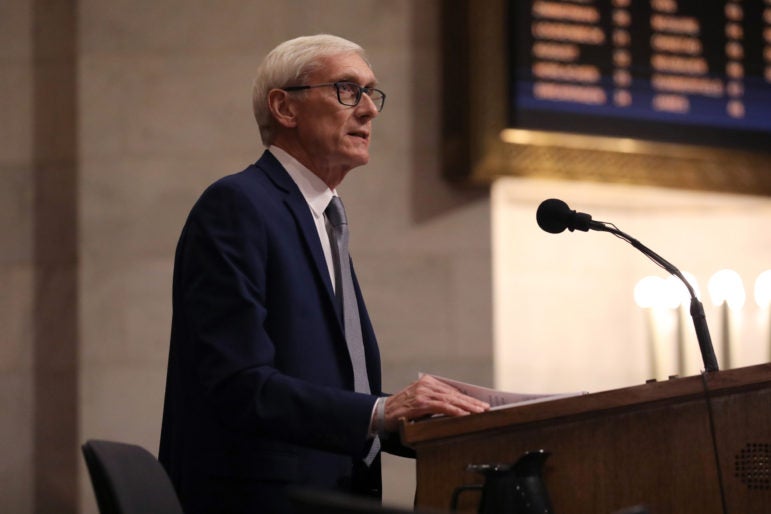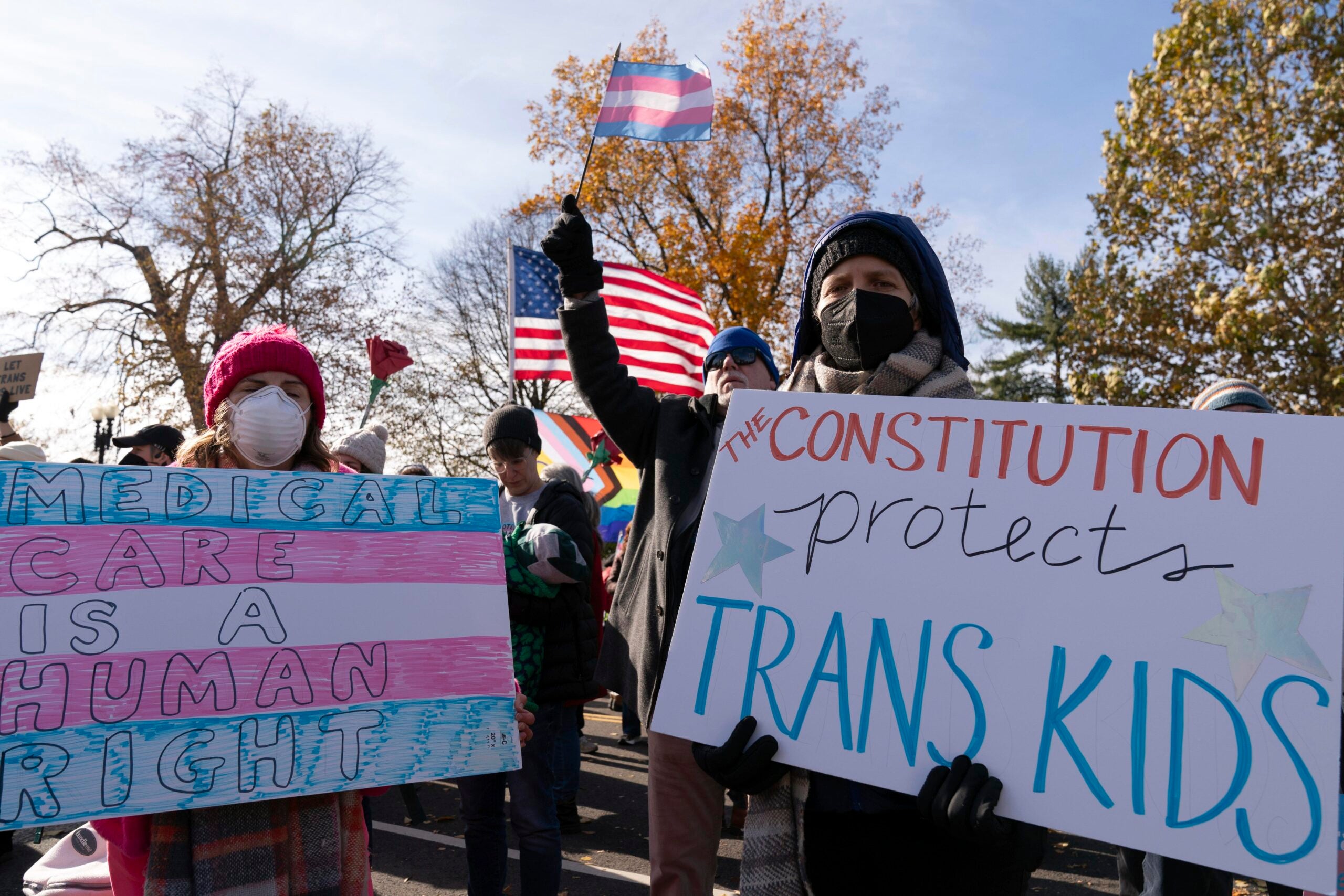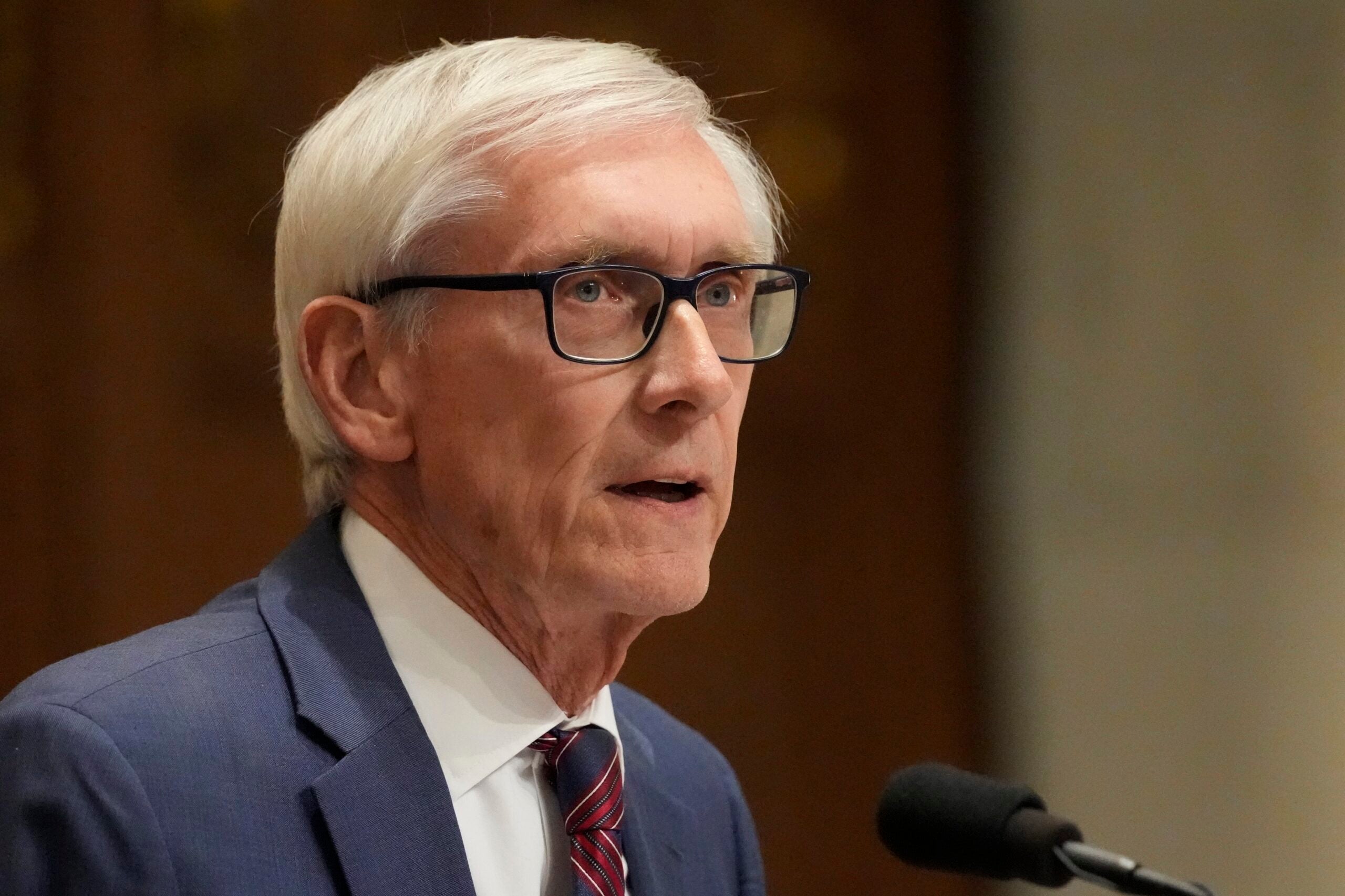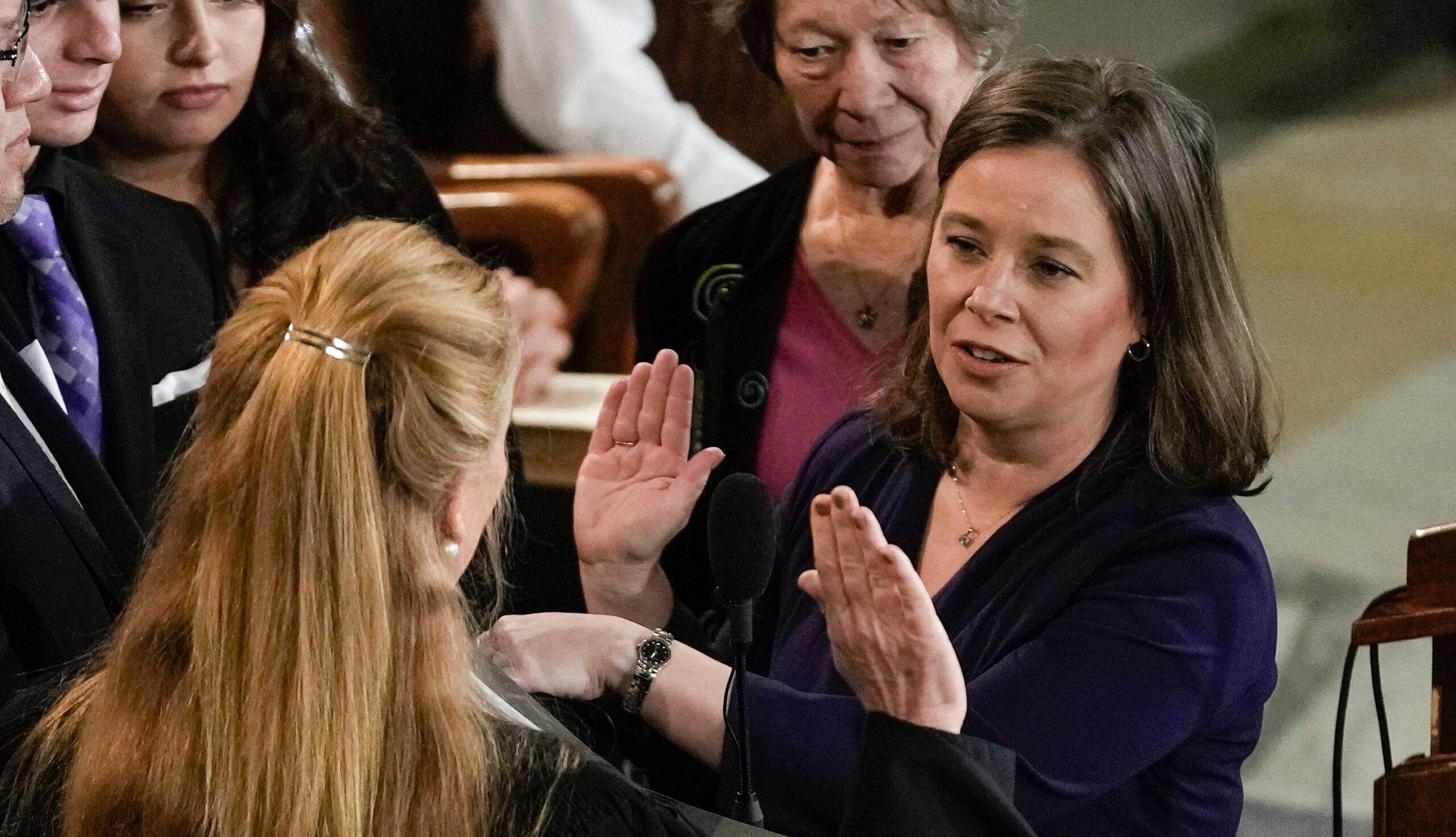Gov. Tony Evers issued an order Friday relaxing a range of rules governing Wisconsin’s health care workforce — an effort to maximize the number of doctors, nurses and physician assistants available to help during the all-hands-on-deck coronavirus pandemic.
“Our healthcare professionals are on the front lines of the COVID-19 crisis, and it is critical that we maximize the size of our work force and eliminate unnecessary barriers so we can effectively meet the demand for care,” Evers said in a statement.
The order comes two days after Wisconsin Watch and Wisconsin Public Radio reported on restrictions that the state’s 2,750-plus physician assistants said prevented some from lending their skills. The changes will remain in effect for the duration of the Public Health Emergency that Evers declared March 12.
News with a little more humanity
WPR’s “Wisconsin Today” newsletter keeps you connected to the state you love without feeling overwhelmed. No paywall. No agenda. No corporate filter.
Physician assistants — often called PAs — are a type of advanced practice provider, a category that also includes nurse practitioners. They may act like physicians in many respects, prescribing medications, managing treatment plans and making diagnoses.
Friday’s order, also signed by Wisconsin Department of Health Services Secretary Andrea Palm, relaxed several rules they flagged as barriers.
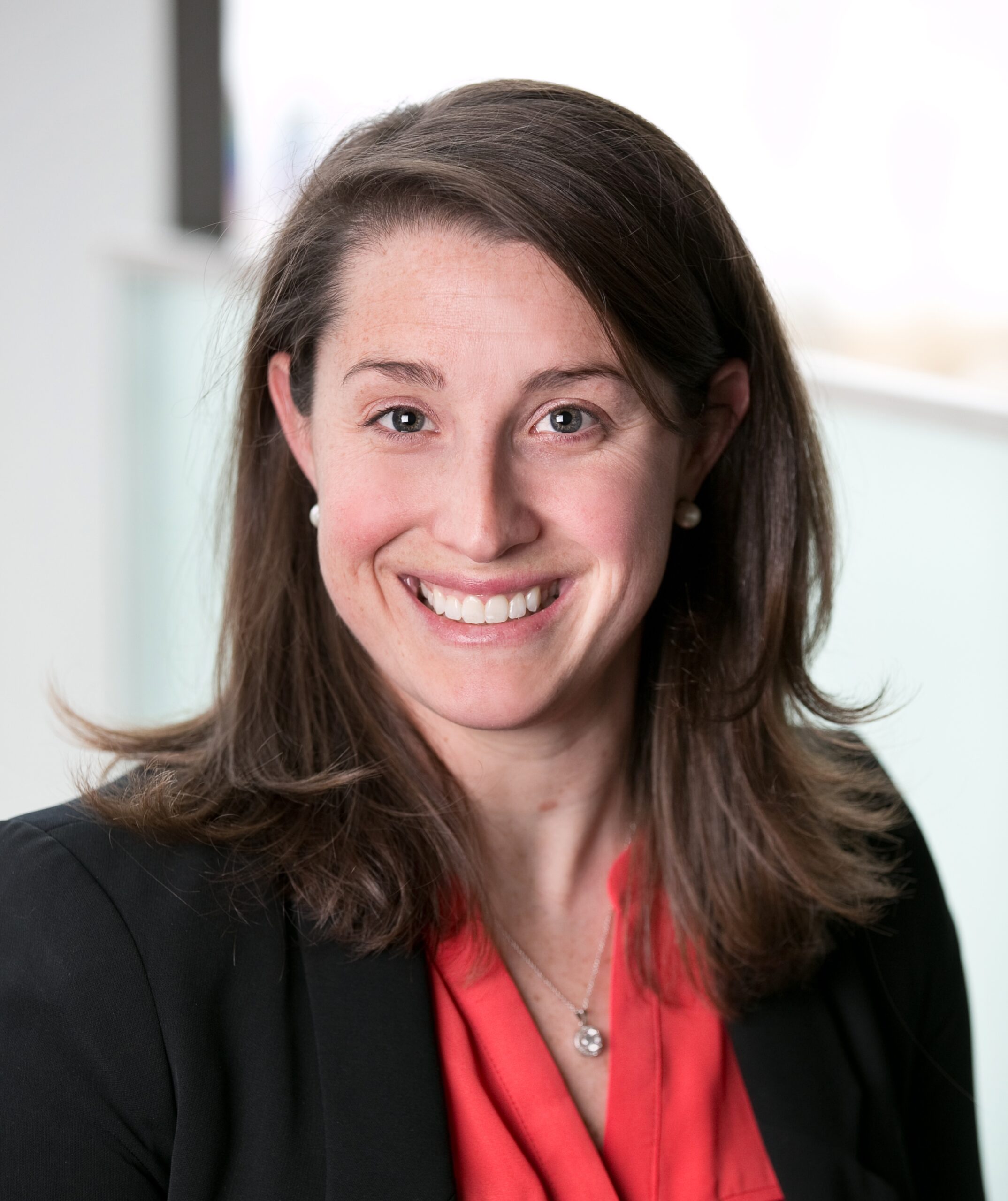
The order gives PAs more flexibility in setting their “scope of practice” — allowing them to practice in areas of medicine that match their experience and expertise, even if their supervising physician works in another field. Additionally, physicians may now supervise up to eight PAs, rather than four.
Wisconsin PAs have long called for changes to such regulations — which they say are more restrictive than many states — but the pandemic added urgency to their requests.
The order affects other health care workers, too. Among other provisions, it simplifies license renewals during the state’s emergency and encourages recent retirees with expired licenses to re-enter the practice. And it allows licensed out-of-state physicians to more easily practice in Wisconsin.
The order adjusts clinical education requirements for nursing students who are close to graduation, allowing them to begin practicing sooner to respond to the pandemic. The governor also suspended practice restrictions for advanced practice nurses, who can diagnose and treat certain health problems, “enabling them to more efficiently and effectively respond during the COVID-19 crisis,” according to Evers’ office.
“This is extremely timely as we prepare for patient surges compounded with anticipated health care workforce illnesses and quarantines,” said Jamie Silkey, a physician assistant and assistant director for advanced practice providers at Milwaukee’s Froedtert & Medical College of Wisconsin regional health network.
“This will help alleviate the administrative burden and regulatory barriers that were making redeployment of PAs more challenging,” Silkey said.
Julie Doyle, president of the Wisconsin Academy of Physician Assistants, praised the move.
“The COVID crisis has glaringly brought to light the restrictive nature of PA practice laws, providing proof that current regulations prevent PAs from providing needed care and exclude PAs from employment opportunities,” Doyle said.
She added the academy will “continue to work to remove unnecessary administrative burdens uniquely faced by PAs in this state.”
Said Evers: “Remember, while our health systems respond to COVID-19, they also must continue to care for patients with other conditions and issues, such as cancer or accidental injury, that require ongoing or immediate attention. This action will ensure that more Wisconsinites get the care they need, when they need it.”

